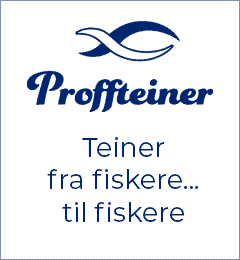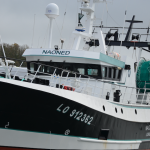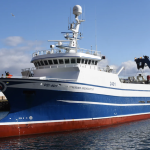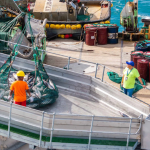At a recent meeting with senior Commission officials, in Brussels, the NFFO spelt out the problems caused by the 8% margin of tolerance between logbook estimate and landing declaration. The Commission’s proposal for a new Control Regulation lowers the MoT to 5%, when there is abundant evidence from across Europe that it is wholly unrealistic to expect fishermen to estimate their catch on board to that level of accuracy.
Research has shown, for example, that a monkfish can lose up to 15% of its weight during the course of a trip, depending on the conditions. Ice melt, fish-room conditions and a host of other practicalities mean that a legal requirement to estimate the weight on board with a 5% margin of tolerance, and with criminal prosecution the consequence for failure, is tantamount to condemning fishermen in advance to a perpetual cycle of criminal prosecution. The Commission was told that:
•Such an approach was unreasonable, disproportionate and contrary to the notion of natural justice
•Member states would not enforce the rule consistently because it would clog their court systems or administrative penalty arrangements
•The issue demonstrated the remoteness of the Commission from the realities of operating a fishing vessel under a range of more or less difficult conditions
•The problem of accurate percentage estimates increases when small amounts of by-catch species are involved
•The Commission’s attitude on the margin of tolerance runs contrary to its stated aim of shifting the focus of enforcement from sea to the whole supply chain
•Catch estimates at sea play an insignificant role in the overall enforcement of fisheries regulation. The margin of tolerance is in danger of becoming a wholly cyclical and pointless paper exercise
•Catch estimates at sea may have once served a purpose, before landing declarations and then tighter controls on landing (including buyers and sellers’ registration) were introduced but it is hard now to see any real purpose to log-book estimates backed by criminal prosecution. Apart from alienating the industry, it undermines the role that fishing vessels could play in the provision of scientific data.
The Control Regulation is currently passing through the legislative process in Brussels and the European Parliament has made 294 proposed amendments, a record for any CFP regulation. This is significant because the Commission is taking more account of MEPs, in anticipation that the impasse in the adoption of the Lisbon Treaty will be soon resolved and co-decision making between the Council of Ministers and the Parliament will become the norm for most fisheries legislation.
The margin of tolerance issue is one of the most critical to be resolved before the Regulation is adopted. The meeting in Brussels was convened by Europeche after the NFFO had intervened at an earlier meeting in Rome to complain that the Commission did not appear to understand the MoT issue, despite it being raised at two major conferences in Peterhead and Brussels, by every regional advisory council and many member states.
Time will tell if our arguments have persuaded the Commission to abandon its ill informed, outdated and backward looking position.























